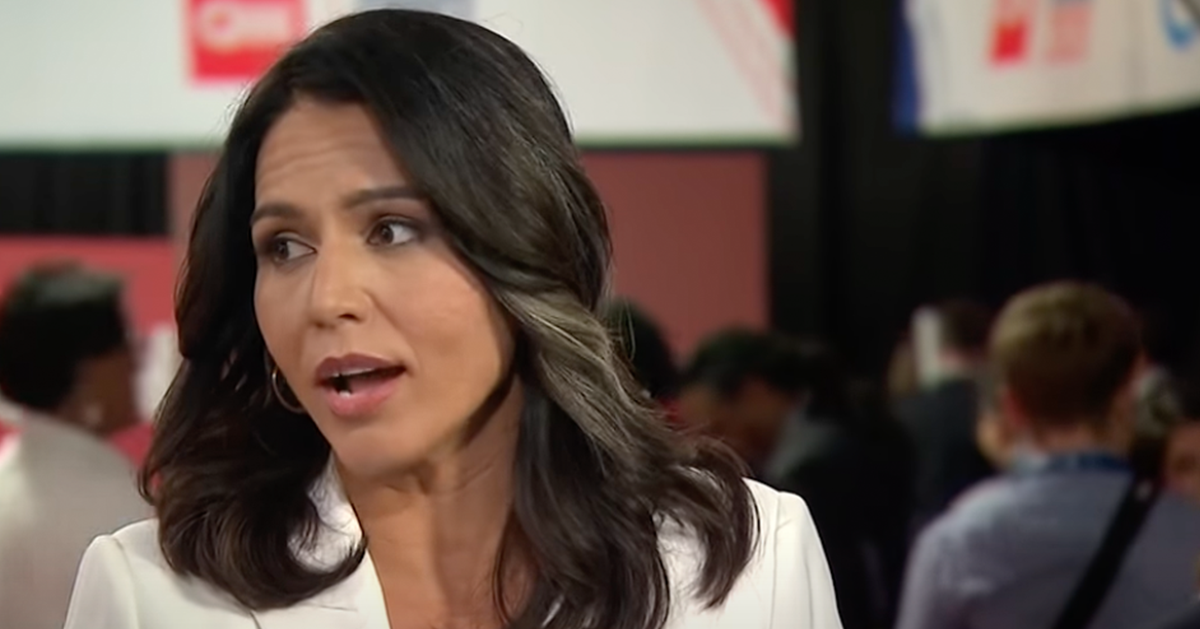FBI Agent Linked To Controversial Trump Case Through Whistleblower Reports
An eyebrow-raising disclosure from whistleblower records has revealed potential bias within an FBI investigation involving former President Donald Trump. Whistleblower records unveiled by Senate Judiciary Committee Chairman Chuck Grassley paint a picture of an anti-Trump FBI agent, Timothy Thibault, who played a pivotal role in the launch and progression of the "Arctic Frost" investigation targeting Trump in 2022.
According to Breitbart, Senate Judiciary Committee Chairman Chuck Grassley disclosed during a confirmation hearing that Thibault was instrumental in pushing for Trump’s involvement in the investigation against him.
The hearing held for Kash Patel, President Trump’s nominee for FBI director, became a key moment for exposing internal emails that pointed to Thibault's significant role in the case. Initiated on April 13, 2022, "Arctic Frost" focused on Trump, influenced by former Special Counsel Jack Smith's actions two years earlier.
Unveiling these records has brought attention to a January through April 2022 timeline when the investigation took shape. Thibault, exhibiting partisan motivations, allegedly disregarded proper protocols, thereby influencing the Trump investigation, as well as matters concerning Hunter Biden. This resulted in his eventual dismissal from the FBI for infringing the Hatch Act, which restricts federal employees from engaging in political activities.
Key Emails Reveal Stages of the Investigation
One particular email exchange from February 14, 2022, underscores Thibault's influential desk work. He drafted language that Jack Smith would later use, showcasing his efforts to knit Trump's involvement into the case fabric. By February 24, 2022, Thibault communicated with the case team, advocating for Trump's inclusion based on perceived justification to pursue Trump as a subject.
This trend continued, as documented on February 25, 2022, when a subordinate highlighted the evolving scenario. "Perfect," Thibault simply replied to Michelle Ball, confirming Trump's addition as a subject in the investigation. The case required top-level signoff, prompting Thibault to seek backing from both Attorney General Merrick Garland and FBI Director Christopher Wray. This movement paved the way for Thibault's "Arctic Frost" approval on April 11, 2022, two days before the FBI deputy director formally authorized it.
Impact of Grassley's Revelations on Investigation Integrity
Despite the investigation's initiation, questions over its integrity lingered. The Justice Department's Public Integrity Section, headed by Richard Pilger, conducted an examination, feeding into a grand jury investigation. Grassley, known for vocal scrutiny, previously questioned Pilger's record and expressed unease about the investigation’s thoroughness.
Highlighting these developments, Grassley inquired during the Senate committee hearing about the sequence of events that eventually reinstated Trump as an investigative subject. His question, targeting the Justice Department's impartiality, prompts introspection about how officials like Jack Smith played a role in the decision-making process.
Political Implications and Accountability
Grassley’s spotlight on this case during the hearing sheds light on how bureaucracy and individual bias may steer high-profile investigations, especially involving political figures. Thibault’s role and alleged partisanship underscore the potential for political motivations impacting criminal prosecutions, thereby influencing public perception of justice.
These revelations have cast doubts on the probe, compelling the Senate Judiciary Committee to consider potential reforms. The committee is faced with addressing underlying mechanisms that allow individual agents to influence investigations and the overarching integrity of the processes regulating such high-stakes cases.
Repercussions for FBI Director Nominee and Beyond
For Patel, nominated to helm the FBI, the confirmation hearing has taken on a new dimension amid these revelations. Evaluating his potential role in maintaining agency impartiality and trust becomes crucial. As these proceedings unfold, they open a conversation about the boundaries of FBI power and the emphasis on unbiased enforcement of the law.
Ultimately, Grassley’s unveiling demands accountability and transparency within governmental entities operating at this level, initiating a dialogue on preventive measures to curtail partisan influence in future investigations involving former or incumbent political figures. As the pages of this investigation continue to unravel, the quest for unbiased justice resounds more crucial than ever.





